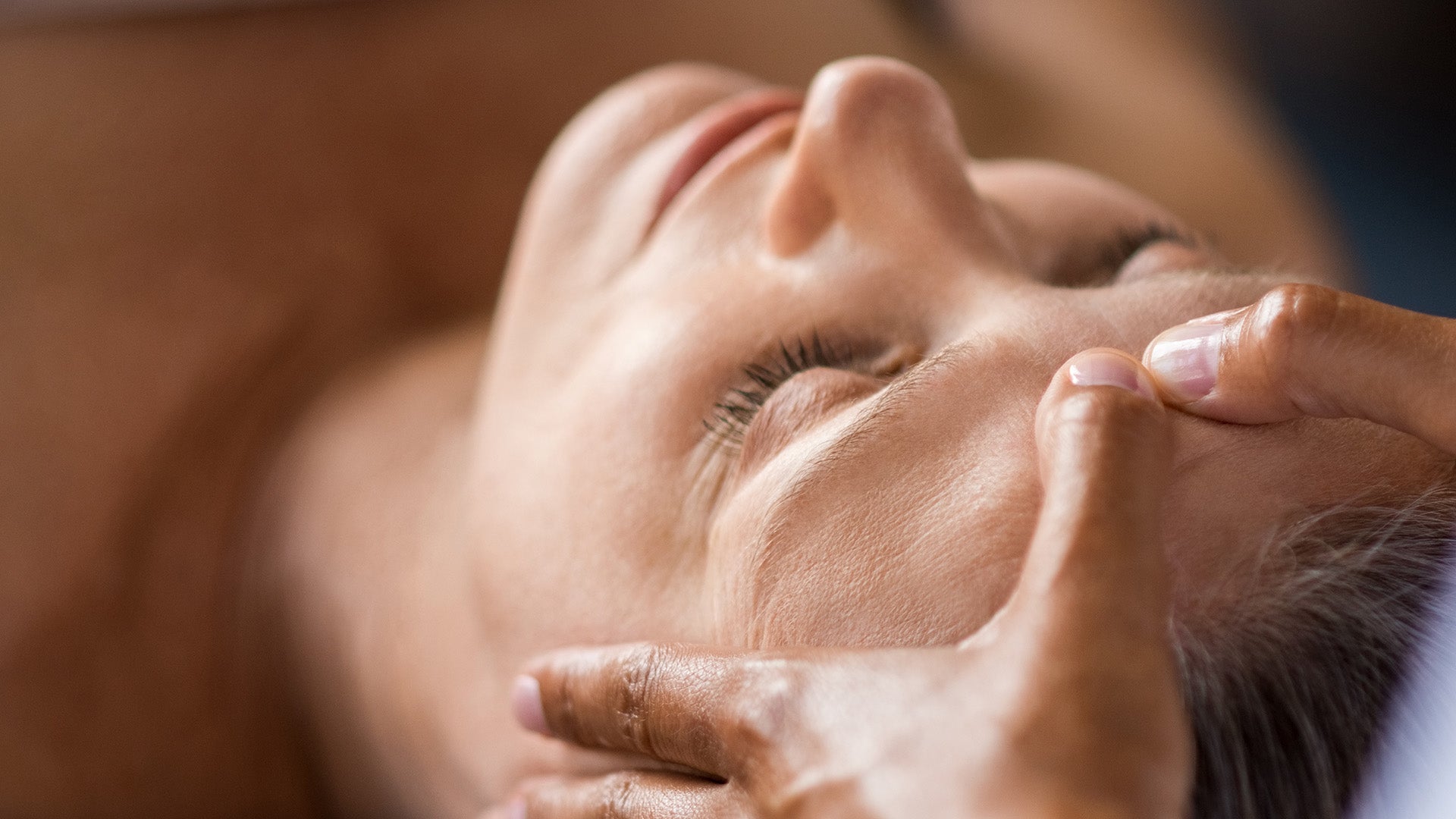Discover the transformative power of aromatherapy and its numerous benefits for your overall well-being.
Through the strategic use of essential oils, this ancient practice offers stress relief, improved sleep, enhanced mood, alleviation of ailments, and cognitive function improvement.
Whether you seek relaxation, rejuvenation Nila aromatherapy bar, or relief from specific health concerns, aromatherapy can provide a natural and holistic solution.
This article explores the wide-ranging benefits of aromatherapy, empowering you to harness the therapeutic potential of essential oils for a more balanced and fulfilling life.

Stress Relief
Aromatherapy has shown promising results in reducing stress levels and promoting relaxation. By incorporating specific relaxation techniques and utilizing the power of essential oils, aromatherapy offers a natural and effective way to manage stress.
Essential oils such as lavender, chamomile, and bergamot have been found to have calming properties that can help alleviate anxiety and tension. When inhaled or used in massage, these oils stimulate the olfactory system and trigger relaxation responses in the brain.
Additionally, the act of engaging with aromatherapy itself can be therapeutic, as it encourages individuals to slow down, focus on their breath, and create a calming atmosphere.
Overall, aromatherapy provides a holistic approach to stress relief, offering a safe and enjoyable way to promote relaxation and enhance well-being.
Improved Sleep
Research has shown that the use of essential oils has been linked to enhanced sleep quality and duration.
Aromatherapy, the practice of using essential oils to promote physical and psychological well-being, has been used for centuries as a natural way to induce sleep and improve sleep quality.
Certain essential oils, such as lavender and chamomile, have been found to possess calming properties that help to relax the body and mind, making it easier to fall asleep and stay asleep throughout the night.
These oils can be used in various ways, such as through diffusers, massage oils, or bath products, allowing individuals to incorporate them into their relaxation techniques.
Enhanced Mood
Numerous studies have shown a correlation between the use of certain essential oils and an uplifted mood, suggesting potential for their incorporation into wellness practices. Essential oils have long been used for their therapeutic properties, and their ability to enhance emotional well-being is one of their most well-known benefits. When inhaled or applied topically, essential oils can help promote mental relaxation and reduce feelings of stress and anxiety.
Lavender oil, for example, has been found to have calming effects on the nervous system and can help improve sleep quality. Similarly nilasingapore.com, citrus oils like bergamot and lemon have been shown to uplift mood and promote a sense of happiness and well-being. Other essential oils such as chamomile, ylang-ylang, and rose can also have a positive impact on emotional well-being.
Incorporating essential oils into your daily routine, whether through diffusing, massage, or adding them to bathwater, can be a simple and effective way to improve your mood and promote mental relaxation. The power of scent to evoke emotions and create a sense of calm and well-being is a practice that has been used for centuries, and with the growing body of research supporting its benefits, it is clear that essential oils have a valuable role to play in promoting emotional well-being and mental relaxation.

Alleviation of Ailments
The use of certain essential oils has been found to provide relief from various ailments, such as headaches, muscle tension, and digestive issues. Aromatherapy, the practice of using these oils for therapeutic purposes, has gained popularity in recent years as a natural and holistic approach to wellness.
When it comes to pain management, essential oils like lavender and peppermint have been shown to have analgesic properties, helping to alleviate discomfort and promote relaxation.
Additionally, certain oils such as eucalyptus and tea tree oil have been found to boost the immune system, helping to ward off illnesses and infections.
Cognitive Function Improvement
Recent studies have shown that certain essential oils have the potential to enhance cognitive function and improve mental clarity. Aromatherapy, the practice of using aromatic plant extracts to promote well-being, has long been recognized for its therapeutic properties.
However, recent research has shed light on the specific benefits of essential oils in terms of memory enhancement and focus enhancement. Essential oils such as rosemary, peppermint, and lemon have been found to stimulate brain activity, improve memory retention, and increase alertness.
These oils can be diffused, applied topically, or used in massage therapy to reap their cognitive benefits. Whether you are a student looking to improve focus during studying or a professional seeking mental clarity in the workplace, incorporating essential oils into your daily routine can be a natural and effective way to enhance cognitive function.
Conclusion
In conclusion, aromatherapy offers numerous benefits for overall well-being. By promoting stress relief, improved sleep, enhanced mood, alleviation of ailments, and cognitive function improvement, it proves to be a valuable addition to one’s self-care routine.
The use of essential oils and their aromatic properties have been recognized for their therapeutic effects for centuries. Incorporating aromatherapy into daily life can lead to a healthier and more balanced lifestyle, making it a worthwhile practice to explore.
